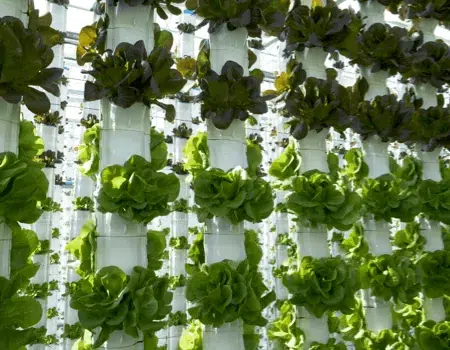Agri-food specialists Farrelly Mitchell have launched their most recent report, with an online expert panel discussion accompanying the publication, entitled, ‘Is controlled environment agriculture ready to seize the future?’
The report assesses the prospects of controlled environment agriculture (CEA) in meeting the competing challenges of food security and climate change over the coming decades. Among obstacles to progress include up-front costs, high energy requirement and crop mix limitations, but proponents of the technology believe all those impediments can be overcome as innovation, policy and regulation evolve.
Last week’s webinar is now available for all subscribers and includes contributions from Chaitanya GRK (Regional Director, MENA) in Dubai, Stephen Awuah (Regional Director SSA) in Accra and Paul Fagan, Partner (Advisory Services) in Dublin.
The optimism around the technology is evidenced by the current levels of investment, particularly in the Middle East and US. Trends such as urban consumer preference for locally produced food, the battle to curb climate change and preserve water resources also indicate its relevance.
However there is the complexity and those hoping to back or benefit from CEA over the coming years can, through reading this report and viewing the accompanying webinar, get a better appreciation of how the tech should develop into the future.
Controlled environment agriculture experts
The recent surge in vertical farming systems and controlled environment agriculture investing highlights its potential, however questions over financial viability remain. As new technologies emerge to lower CEA costs, and policy and regulations are introduced to facilitate further investment and research, Farrelly Mitchell are positioned to assist.
Our experts stay up-to-date on the latest technology & innovation in the CEA sector, providing crucial insights into water management, crop selection, facility layout, and the financial feasibility of investment. With our support, you can confidently enter the rapidly growing CEA market and seize the opportunity to improve food security and capture value.











